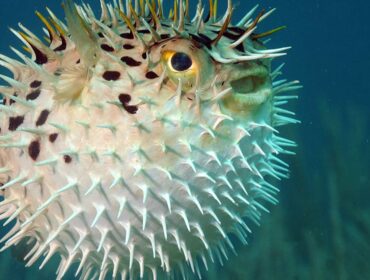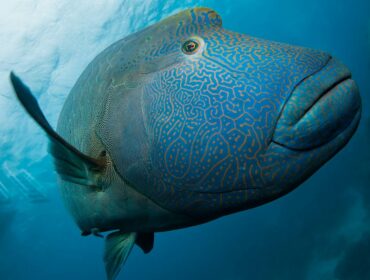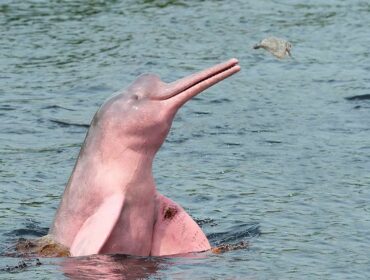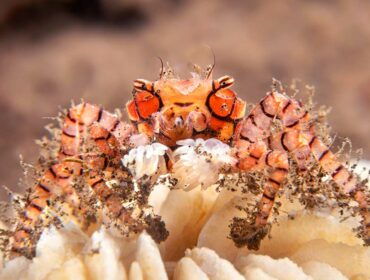For those who love to dine on delicacies of the sea, choosing sustainable options is an important factor in responsible consumption. By being conscientious in your seafood purchases, you can help give target fish species a chance to replenish their numbers, and you won’t be supporting commercial industries that employ harmful fishing practices. Here are just four options for sustainable seafood as recommended by the Monterey Bay Aquarium’s Seafood Watch.
Geoduck
If you dig clams, the best choices for sustainability are geoducks: large, unusual clams that include varieties such as the elephant trunk, giant, horseneck, jumbo, king, long-necked, and Methuselah’s clam. Look for clams originating from Washington state and British Columbia, as they are caught using the stringer method, which uses handheld water jets to excavate the geoduck from its home deep in the muck. This method of collecting clams has the least harmful impact on sandy seafloor habitats.
Squid
Mainly consumed in Japan, Japanese flying squid are rated as Best Choice for sustainable seafood. Descriptions include calamari, ganzeki, ma-ika, matsu-ika, mugi-ika, surume-ika, and tonkyuu. Look for squid harvested in Japan using jigs or purse seines (small nets pulled along the seafloor) rather than bottom trawling. Bottom trawlers cause damage to the ecosystem by destroying the ocean floor and catching a large amount of non-target species, like sea turtles and manta rays.
Amberjack/Yellowtail
This species is also called buri, California yellowtail, coronado, forktail, goldstriped amberjack, hamachi, white salmon, and yellowtail kingfish. Look for fish sourced and caught via hook and line in California or Isla Natividad, Mexico. Avoid amberjack from Japan which, while farmed, causes an overabundance of liquid waste to be discharged into the waterways.
Albacore
Be it in your sushi or salad, albacore tuna is an excellent choice for sustainable seafood. Marketed under various names like canned white, longfin tunny, shiro maguro, tombo, and white, this type of tuna can come from a variety of sources like the South Atlantic, North Atlantic, or Canadian North Pacific, where the method of harvest is by pole or trolling. Tuna caught using longlines are on the Good Choice list, whereas globally sourced tuna outside these areas and US waters often scoop up and kill many other species as bycatch. Tuna caught by longline in the US Atlantic as well as in Hawaii is considered a safe choice.





